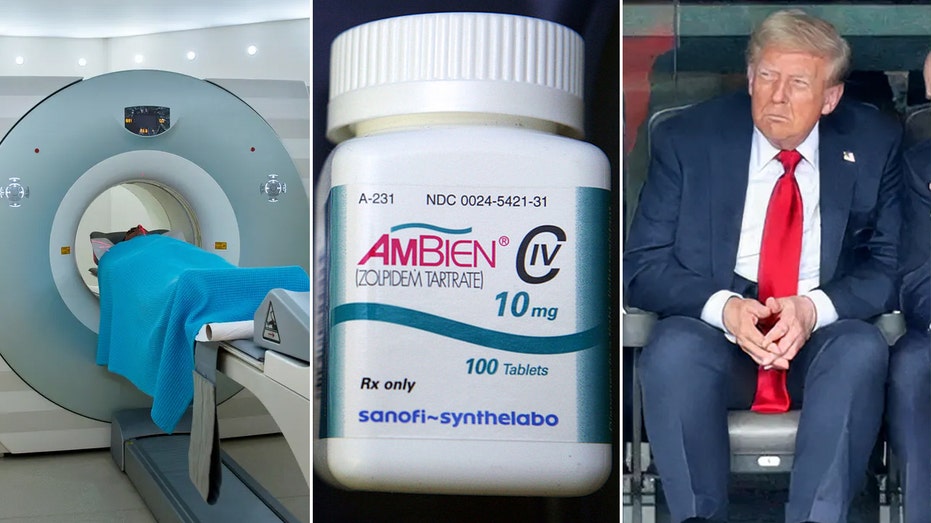FDA Kept Quiet on Multi-State E. coli Outbreak Tied to Romaine Lettuce, Raising Eyebrows

Sarah Johnson
April 18, 2025
Brief
The FDA faces criticism for not disclosing details of a 15-state E. coli outbreak linked to romaine lettuce, resulting in 89 illnesses and one death in 2024.
The Food and Drug Administration (FDA) is facing criticism after it chose not to publicly announce the details of an E. coli outbreak that spanned 15 states last year, sickening 89 people and tragically causing one death, according to a recent report from TKTKT.
The outbreak was linked to romaine lettuce, with the earliest confirmed case occurring in St. Louis County, Missouri, in early November 2024. Despite the investigation, the FDA was unable to definitively confirm the contamination source, as outlined in a February report.
Of those infected, 36 required hospitalization, and seven developed Hemolytic Uremic Syndrome (HUS), a serious kidney condition. The strain involved was E. coli 0157:H7, known for its dangerous and sometimes severe health consequences.
Nearly 95% of patients reported consuming leafy greens, and 88% specifically recalled eating romaine lettuce. Following a traceback investigation, the FDA traced the romaine lettuce back to a single grower and processor linked to a common ranch and lot. Unfortunately, no contaminated lettuce remained available for testing by the time investigators pinpointed the likely source.
Multiple infection clusters were identified at venues such as catered events, restaurants, and a school. Despite these findings, the FDA redacted the name of the ranch involved and did not issue any public warnings or communications about the outbreak.
Frank Yiannas, former FDA deputy commissioner for food policy and response, expressed serious concern about this lack of transparency. He told NBC News it’s troubling that the FDA did not disclose the implicated grower or processor, potentially leaving consumers in the dark and at risk. He emphasized that bacterial infections of this kind can have lasting health impacts, making public information crucial.
In response, the FDA stated it only names firms when there’s clear evidence directly linking them to an outbreak and when naming them provides actionable advice to consumers. Since the outbreak had concluded by the time the source was suspected, releasing the grower’s identity was deemed unnecessary according to their spokesperson.
The situation has sparked legal backlash, with nine lawsuits filed against California-based Taylor Farms, a major producer of salads and fresh-cut vegetables. Plaintiffs allege Taylor Farms sold "defective and unreasonably dangerous" products. Taylor Farms firmly denies being connected to this outbreak, highlighting their extensive pathogen testing protocols and maintaining that their products were not contaminated.
Interestingly, this E. coli outbreak happened just weeks after a separate McDonald’s E. coli incident was linked to Taylor Farms' slivered onions, which led to a voluntary recall following over 100 infections and one death.
While Taylor Farms defends its rigorous testing and food safety measures, the complexity of linking outbreaks to specific sources, especially when fresh produce and livestock contamination intersect, shows just how challenging foodborne illness investigations can be.
With the FDA’s cautious communication approach still drawing criticism, consumers are left hoping for quicker transparency to help them make safer food choices in the future.
Topics
Editor's Comments
It’s baffling how the FDA played it so close to the vest on this major outbreak. When people’s health is at stake, silence isn’t just inconvenient — it’s downright risky. Maybe next time they’ll think twice before keeping us all in the dark while dangerous bacteria roam free.
Like this article? Share it with your friends!
If you find this article interesting, feel free to share it with your friends!
Thank you for your support! Sharing is the greatest encouragement for us.



